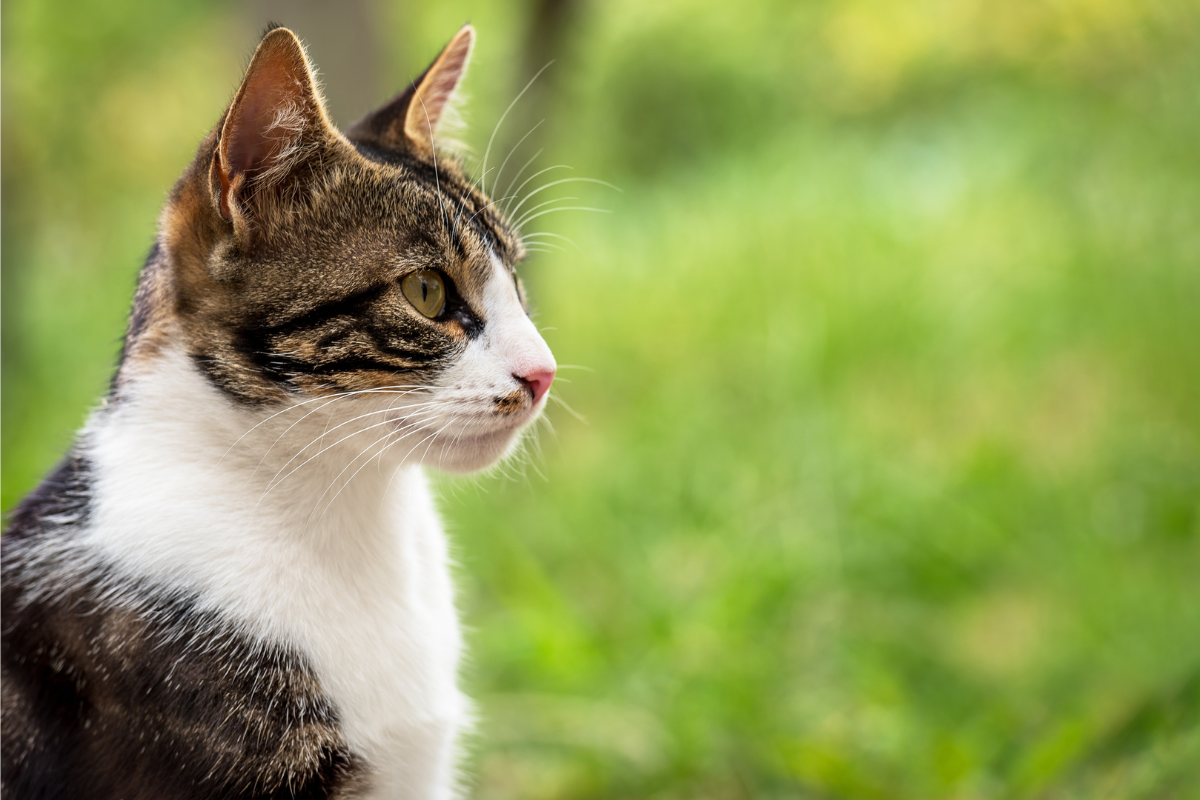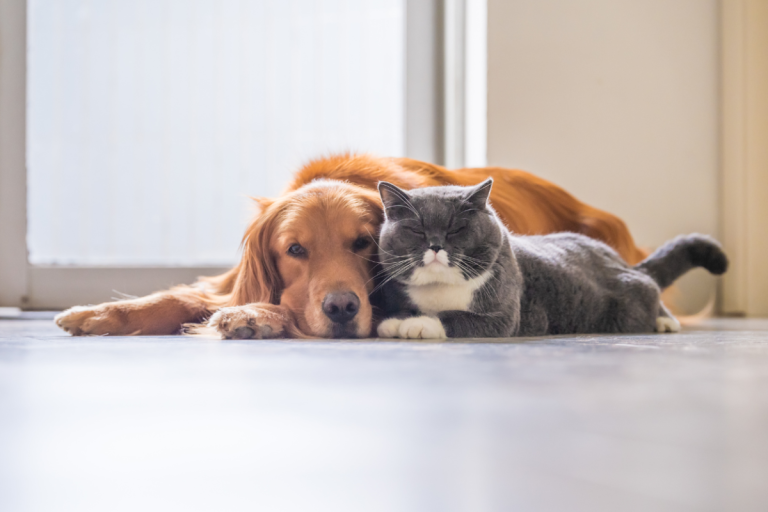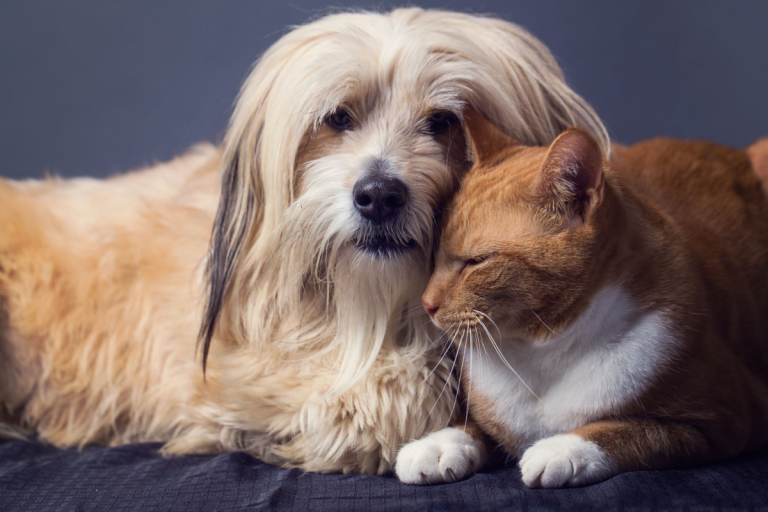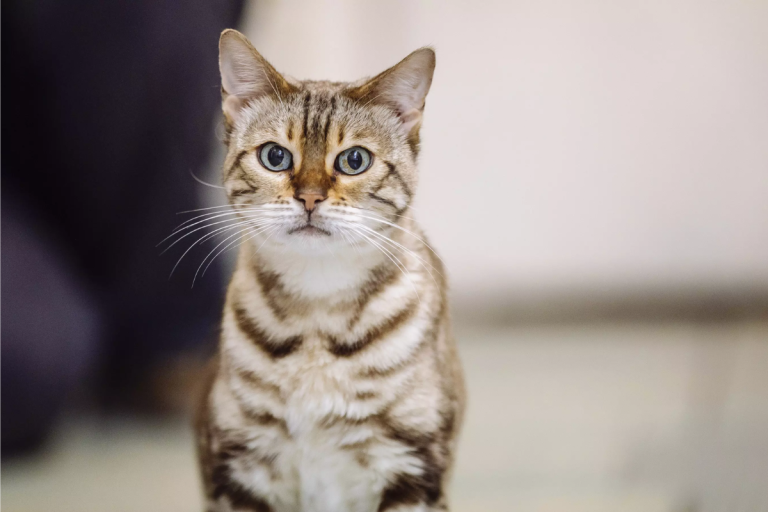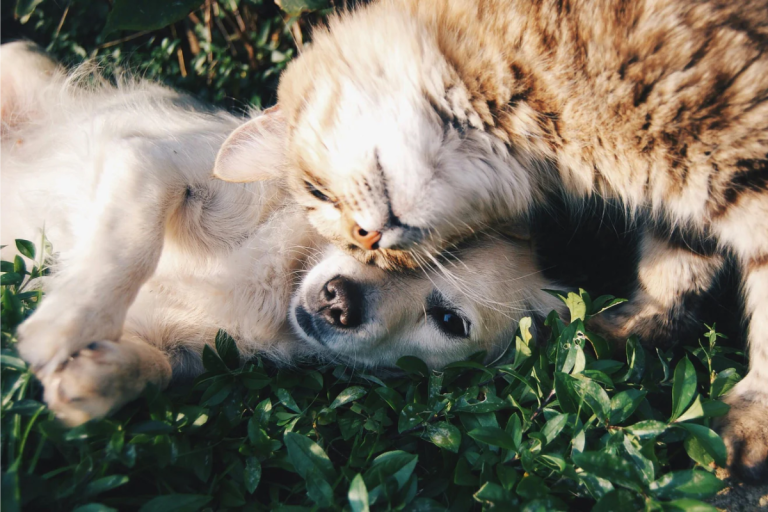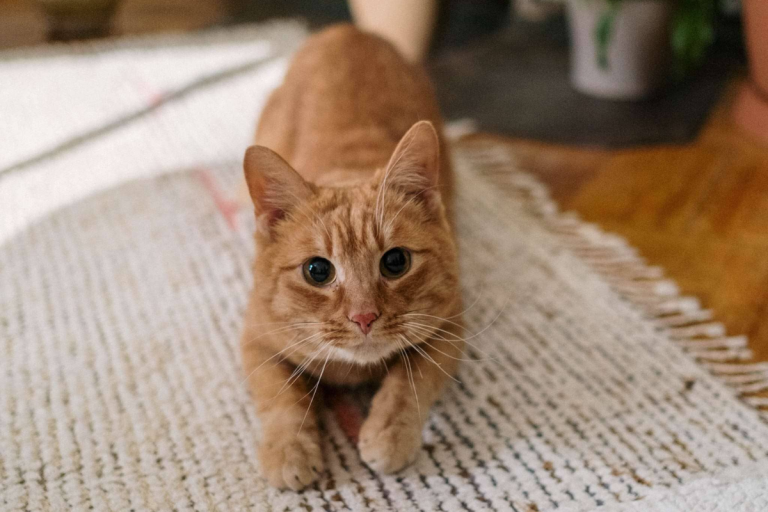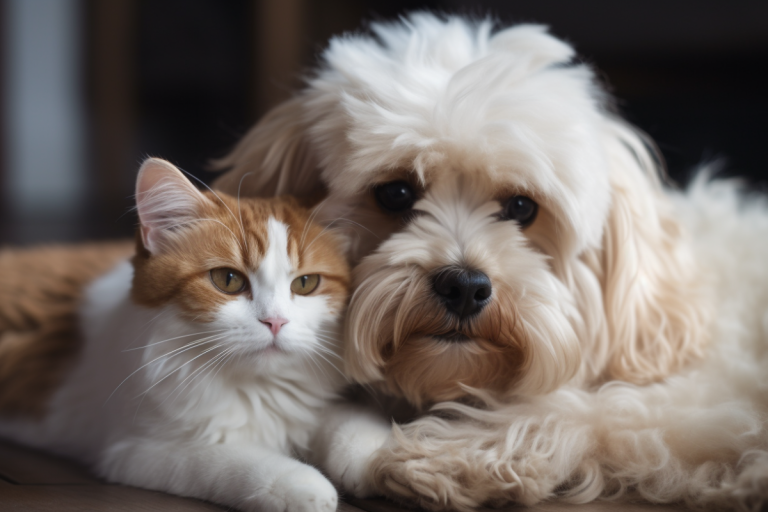How to Tell If Your Cat Is Feeling Stressed or Anxious
Cats are fascinating creatures, but they can also be pretty sensitive. Just like us, they experience stress and anxiety, which can affect their overall well-being. Understanding how to identify when your feline friend is feeling overwhelmed is crucial for ensuring their happiness and health.
In this article, we’ll explore the signs of
Common Causes of Stress in Cats
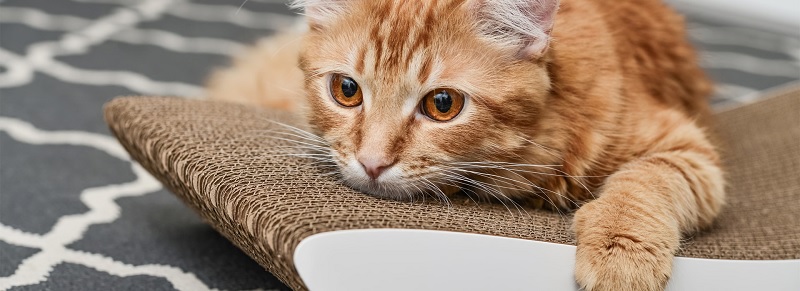
Understanding the root causes of your
Environmental Changes
Cats are creatures of habit. They thrive on routine and familiarity, so any change in their environment can be unsettling. This could be anything from moving to a new home, rearranging furniture, or even just a new litter box.
New Pets or Family Members
Introducing a new pet or welcoming a new family member can be stressful for your existing
Loud Noises and Disruptions
Cats have sensitive ears, so loud noises like thunderstorms, fireworks, or even loud music can cause significant stress. If your
Signs Your Cat Might Be Stressed
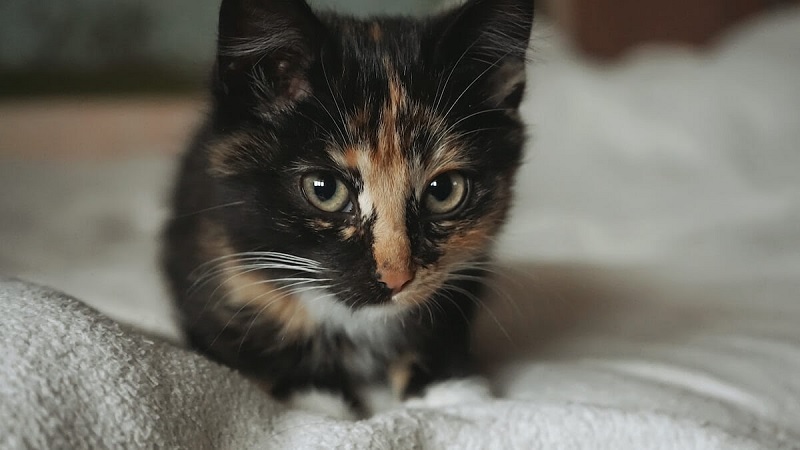
So how do you know if your
Behavioral Changes
Increased Hiding
If your
Aggression or Irritability
Has your usually friendly feline turned into a little monster? Increased aggression towards people or other pets can indicate that something is bothering them.
Physical Signs
Changes in Grooming Habits
Cats are known for their meticulous grooming habits. If you notice that your
Altered Eating Patterns
A stressed
How to Observe Your Cat ‘s Behavior
To effectively gauge your
Daily Routines to Monitor
Spend time each day watching how your
Keeping a Journal of Behaviors
Consider keeping a journal where you note any changes in behavior, eating habits, or interactions with other pets or people. This record will help you identify patterns over time and provide valuable information if you need to consult with a vet.
Ways to Help Your Stressed Cat
Once you’ve identified that your
Creating a Safe Space
Designate a quiet area in your home where your
Engaging in Play and Interaction
Playtime isn’t just for fun; it’s also an excellent way for cats to relieve stress! Engage them with interactive toys like feather wands or laser pointers. This not only distracts them from their worries but also strengthens your bond.
Using Calming Products
There are various calming products available that can help soothe anxious cats. Consider pheromone diffusers that mimic natural feline pheromones or calming treats designed specifically for stressed cats.
When to Seek Professional Help
If you’ve tried various strategies and your
Signs That Indicate a Need for Veterinary Advice
If your
The Role of a Veterinarian or Animal Behaviorist
Veterinarians can provide guidance on potential medical treatments for anxiety, while animal behaviorists specialize in behavioral modification techniques that can help manage stress effectively.
FAQs
What are the most common signs of
Common signs include hiding more often, changes in grooming habits, altered eating patterns, aggression, and excessive vocalization.
Can stress in cats lead to health problems?
Yes! Chronic stress can lead to various health issues such as urinary problems, gastrointestinal issues, and weakened immune systems.
How long does it take for a
Adjustment periods vary by individual
Are there specific breeds more prone to anxiety?
While any breed can experience anxiety, some breeds like Siamese and Burmese are known for being more sensitive and may show signs of anxiety more readily than others.
What calming products are recommended for stressed cats?
Pheromone diffusers (like Feliway), calming treats with natural ingredients (like chamomile), and soothing music specifically designed for pets are all great options!
Conclusion
Recognizing when your
Remember, being proactive about your
